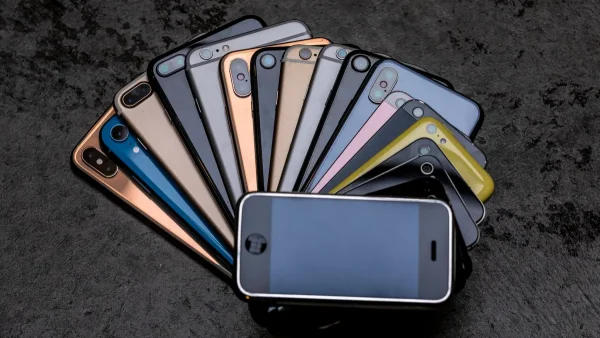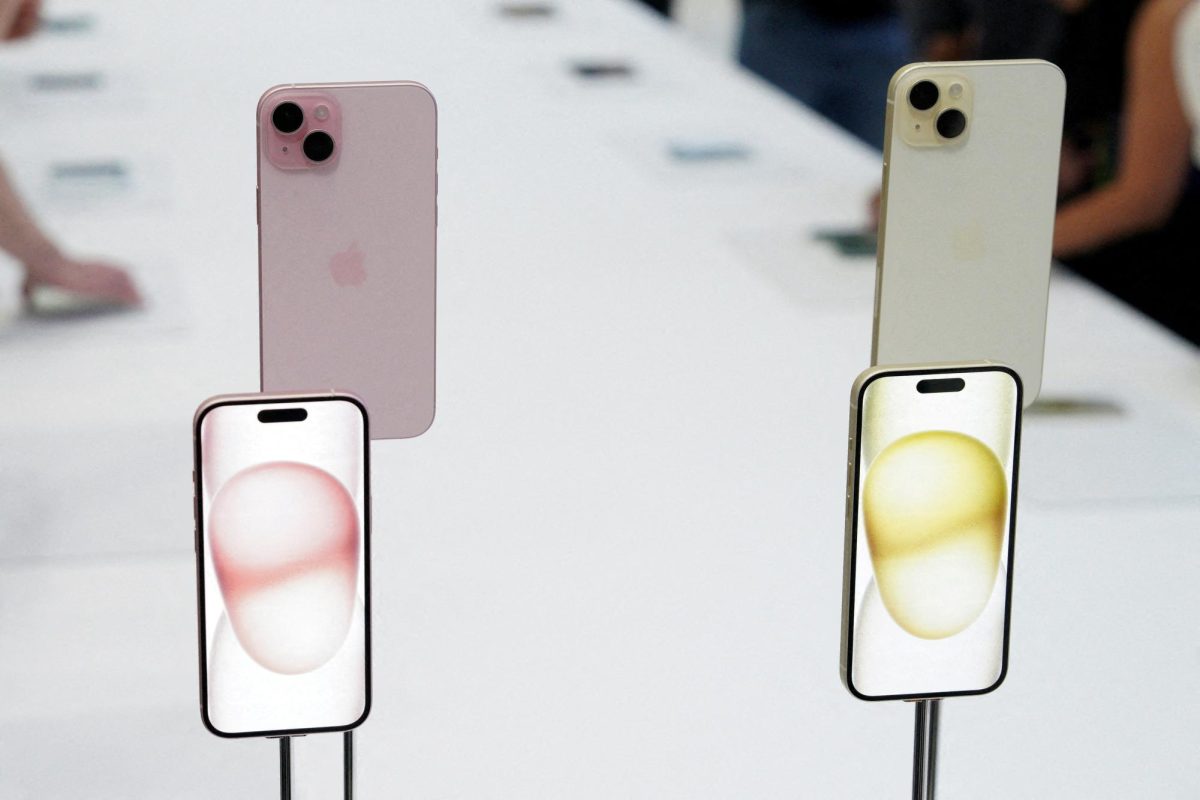On March 21st of this year, the U.S. Department of Justice, along with sixteen states, filed an antitrust case against Apple. The technology giant is accused of illegally exploiting its ecosystem to maintain a monopoly over the American smartphone market. Apple, which has a domestic smartphone market share of more than 60%, rejects the DoJ’s claims.
In the 88-page lawsuit, the DoJ compared the power of Apple’s iPhone to that of Microsoft’s Windows operating system throughout the 1990s, which lost a similar antitrust lawsuit in 2001. The DoJ claims that the 2001 lawsuit against Microsoft “opened the market and constrained Microsoft’s ability to prohibit companies like Apple from offering iTunes on Windows PCs.” It further claims that the antitrust lawsuit ensured the survival of iTunes, saved the company from bankruptcy, and allowed the iPod and later the iPhone to make Apple the most valuable company in the world by market capitalization. Ironically, the DoJ describes Apple as the new Microsoft, illegally maintaining the power of a monopoly.
The Justice Department doesn’t argue that the iPhone itself is a monopoly, but rather that it has “monopoly power”. Although Apple only accounts for about 17% of the global smartphone market by units sold, it controls approximately 60% of the domestic market. This is not enough for the DoJ to consider Apple a monopoly in the traditional sense, so it instead accuses Apple of having the power of one.
However, merely operating or having the power of a monopoly in the United States isn’t illegal. Section 2 of the Sherman Act only prohibits the anticompetitive acquisition or maintenance of a monopoly, not the operation of one. The DoJ must prove that not only does Apple have monopoly-like power, but that it also has maintained it through anticompetitive means. One of the major examples of this given by the Justice Department relates to Apple’s “walled garden” ecosystem. Unlike Android, its major competitor, Apple doesn’t allow 3rd-party app stores on the iPhone. This has the benefit of making iPhones generally more secure than their Android counterparts in the eyes of consumers, but it also gives Apple control over what content is allowed on iPhones and allows it to restrict developers from using external payment processing to avoid the 30% of App Store revenue collected by Apple. This prohibition of 3rd-party payment processing led to the Epic Games, Inc. v. Apple Inc. lawsuit, which resulted in a narrow ruling preventing Apple from regulating the ability of developers to notify their users about other payment options. Additionally, the DoJ emphasizes that Apple’s control over these apps could prevent American companies from developing apps that serve many functions. The development of so-called “super apps” like the Chinese app WeChat would be difficult due to the payment processing and device permission restrictions present on Apple’s devices.

The Justice Department also describes the development of products such as iPads, Apple Watches, and Apple TV as anticompetitive because they work better or exclusively with other Apple products. However, Apple is not alone in creating an ecosystem. Smaller companies such as Samsung and Google have also released tech products that work better with their other products, which raises the question of whether or not these companies are operating illegal monopolies.
One of the DoJ’s major arguments against Apple stems from iMessage and the messaging experience on iPhones. As many CHS students are aware, iMessage conversations with an Android user do not contain many of the features accessible in a conversation with only iPhones. As the DoJ points out in paragraph 90, “conversations with Androids are not encrypted, videos are pixelated and grainy, and users cannot edit messages or see typing indicators.” Furthermore, the Justice Department argues that non-iPhone users also experience “social stigma, exclusion, and blame for “breaking” chats where other participants own iPhones.” The iPhone currently has a market share of 85% among American teenagers, according to a report by investment bank Piper Sandler. This certainly makes the experiences of “green-bubble” Android users worse, but if the DoJ claims that this behavior is illegal, they are saying that in certain cases it would be illegal for a company to not create products that are compatible with those of other companies. Apple says that this would “set a dangerous precedent, empowering the government to take a heavy hand in designing people’s technology.” They also have said that, if successful, the lawsuit would prevent innovation.
The case is currently in the New Jersey District Court, although it will likely be appealed to higher courts. Regardless of which way the landmark case is decided, it will have significant impacts on antitrust law and innovation in the smartphone market and beyond.







![Zordan, E. (2025). Gillian Murphy. [Photograph] The New York Times.](https://chswarriorscroll.com/wp-content/uploads/2025/10/unnamed-1200x1200.png)








